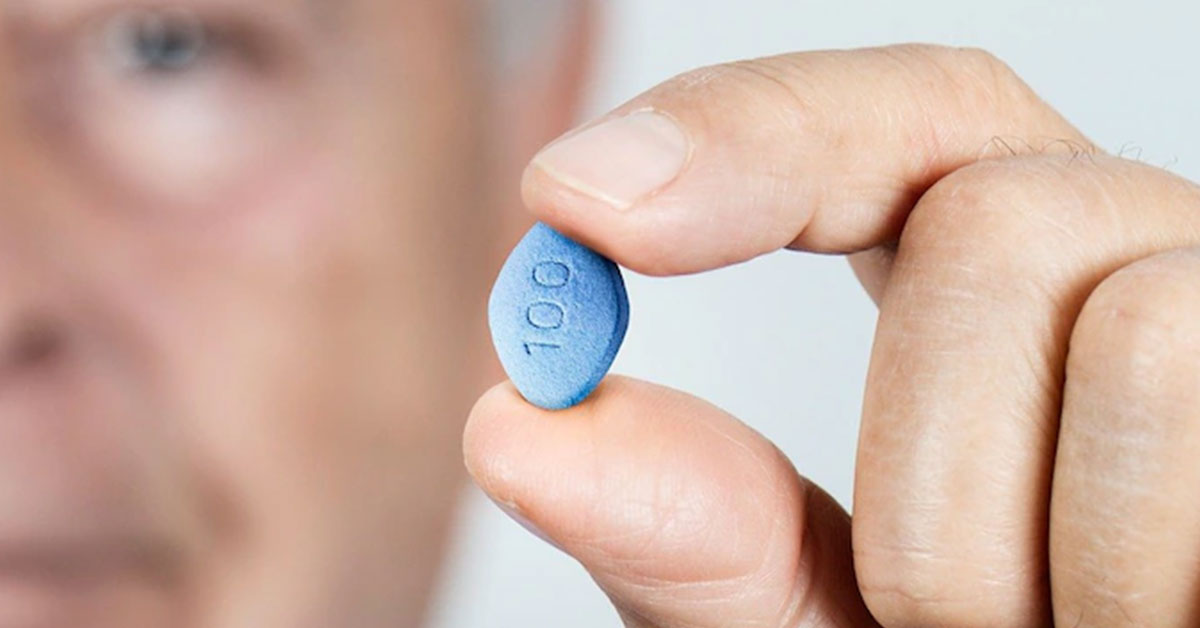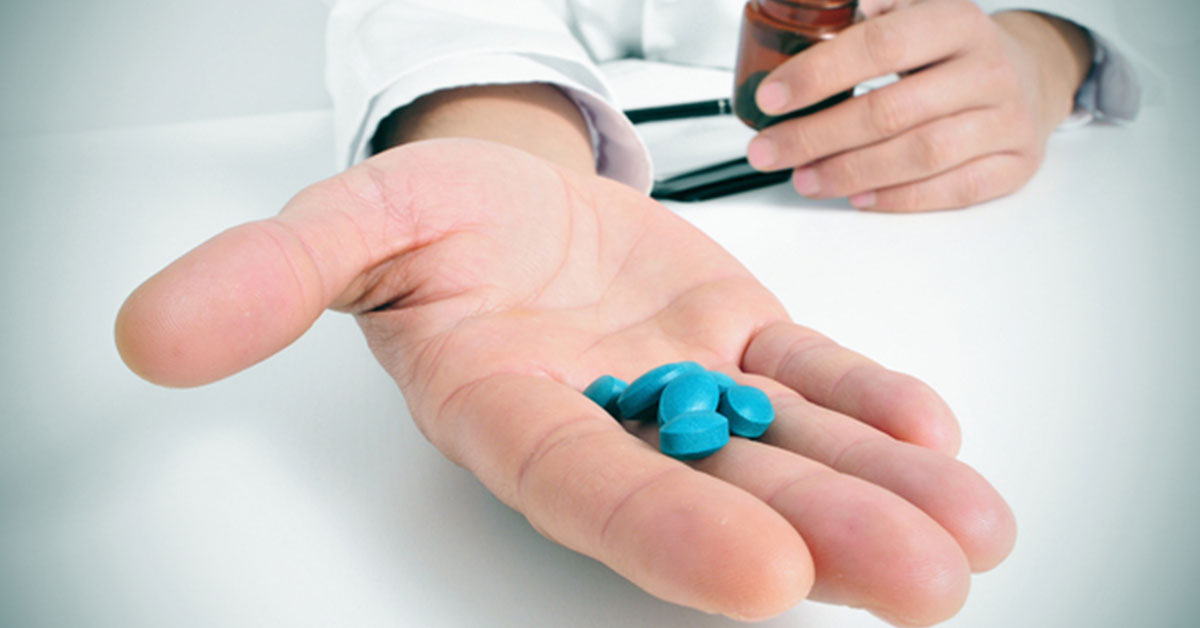Sexual dysfunction is a common issue affecting both men and women, leading to stress, relationship problems, and a decrease in quality of life. Understanding its causes, symptoms, and potential solutions is crucial for those seeking to overcome this challenge. In this article, we delve into the intricacies of sexual dysfunction, exploring its various forms, underlying causes, and effective treatment options.
What is Sexual Dysfunction?
Sexual dysfunction refers to a problem occurring during any phase of the sexual response cycle that prevents an individual or couple from experiencing satisfaction from the sexual activity. The sexual response cycle traditionally includes excitement, plateau, orgasm, and resolution. Dysfunction can manifest in one or more of these phases.
Types of Sexual Dysfunction
- Erectile Dysfunction (ED): This condition affects men and is characterized by the inability to achieve or maintain an erection suitable for sexual intercourse.
- Premature Ejaculation: This occurs when a man ejaculates sooner during sexual intercourse than he or his partner would like.
- Delayed Ejaculation: This is the difficulty or inability to ejaculate despite adequate sexual stimulation.
- Female Sexual Arousal Disorder: Women with this condition have difficulty achieving or maintaining sexual arousal.
- Female Orgasmic Disorder: This involves a delay, infrequency, or absence of orgasm.
- Painful Intercourse (Dyspareunia): This affects both men and women and involves pain during sexual activity.
Causes of Sexual Dysfunction
Sexual dysfunction can result from a complex interplay of physical, psychological, and relational factors.
Physical Causes
- Medical Conditions: Chronic illnesses like diabetes, heart disease, and neurological disorders can impair sexual function.
- Hormonal Imbalances: Low levels of testosterone in men or estrogen in women can affect libido and sexual performance.
- Medications: Certain medications, including antidepressants and blood pressure drugs, can cause sexual side effects.
- Substance Abuse: Alcoholism and drug addiction can lead to sexual dysfunction.
Psychological Causes
- Stress and Anxiety: High levels of stress or anxiety can interfere with sexual desire and performance.
- Depression: Depression often leads to a decreased interest in sexual activity.
- Trauma: Past sexual trauma or abuse can cause lasting effects on sexual function.
- Relationship Issues: Conflicts and lack of communication between partners can contribute to sexual problems.
Relational Causes
- Lack of Communication: Poor communication between partners can lead to misunderstandings and dissatisfaction.
- Emotional Distance: Emotional detachment or unresolved conflicts can diminish sexual desire.
- Infidelity: Extramarital affairs or betrayal can severely impact sexual intimacy.
Symptoms of Sexual Dysfunction
Identifying symptoms of sexual dysfunction can help in seeking appropriate treatment.
Common Symptoms
- Lack of Desire: Reduced interest in sexual activity.
- Difficulty Achieving Arousal: Inability to become or stay aroused.
- Pain During Sex: Discomfort or pain during intercourse.
- Ejaculation Problems: Issues like premature or delayed ejaculation.
- Difficulty Reaching Orgasm: Challenges in achieving orgasm.
Solutions for Sexual Dysfunction
Addressing sexual dysfunction often requires a multifaceted approach, combining medical, psychological, and lifestyle interventions.
Medical Treatments
- Medications: Drugs like sildenafil (Viagra),tadalafil (Cialis), and others can help manage erectile dysfunction.
- Hormone Therapy: Hormone replacement therapy can be beneficial for those with hormonal imbalances.
- Devices: Vacuum erection devices, penile implants, and lubricants can assist in enhancing sexual function.
Psychological Treatments
- Counseling: Therapy sessions with a psychologist or sex therapist can help address underlying psychological issues.
- Cognitive-Behavioral Therapy (CBT): CBT can assist in changing negative thought patterns that affect sexual performance.
- Couples Therapy: Joint sessions can improve communication and resolve relational issues.
Lifestyle Changes
- Healthy Diet: A balanced diet can improve overall health and sexual function.
- Regular Exercise: Physical activity boosts blood flow and energy levels.
- Stress Management: Techniques like yoga, meditation, and deep breathing can reduce stress and anxiety.
- Avoiding Alcohol and Drugs: Limiting alcohol intake and avoiding recreational drugs can enhance sexual health.
Conclusion
Sexual dysfunction is a complex issue with multifactorial causes. Understanding these causes, recognizing the symptoms, and exploring the available solutions can empower individuals and couples to overcome sexual challenges. Seeking help from healthcare professionals, engaging in open communication with partners, and making healthy lifestyle choices are crucial steps towards achieving a fulfilling sexual life. By addressing both the physical and psychological aspects of sexual dysfunction, individuals can reclaim their sexual health and enhance their overall well-being.










